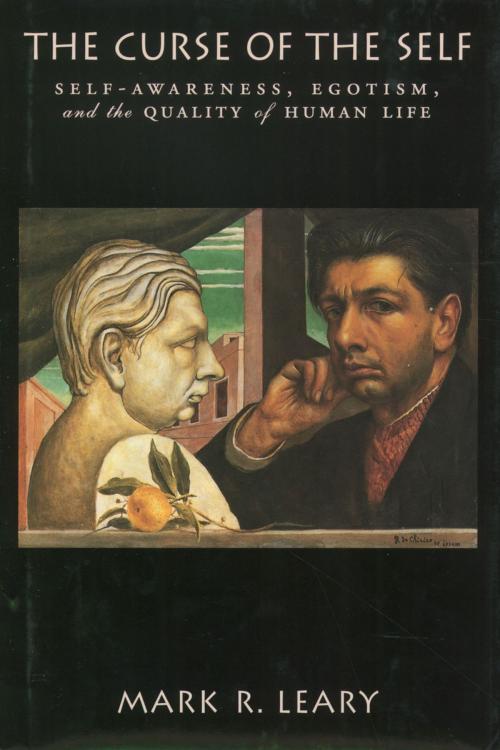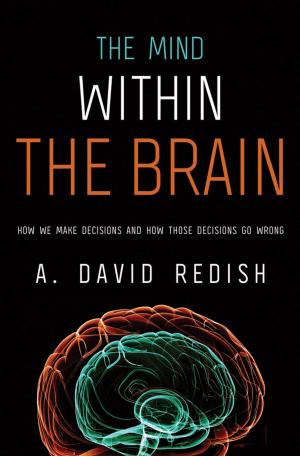The Curse of the Self
Self-Awareness, Egotism, and the Quality of Human Life
Nonfiction, Health & Well Being, Psychology, Social Psychology, Social & Cultural Studies, Social Science, Sociology| Author: | Mark R. Leary | ISBN: | 9780190291518 |
| Publisher: | Oxford University Press | Publication: | July 29, 2004 |
| Imprint: | Oxford University Press | Language: | English |
| Author: | Mark R. Leary |
| ISBN: | 9780190291518 |
| Publisher: | Oxford University Press |
| Publication: | July 29, 2004 |
| Imprint: | Oxford University Press |
| Language: | English |
Despite its obvious advantages, our ability to be self-reflective comes at a high price. Few people realize how profoundly their lives are affected by self-reflection or how frequently inner chatter interferes with their success, pollutes their relationships with others, and undermines their happiness. By allowing people to ruminate about the past or imagine what might happen in the future, self-reflection conjures up a great deal of personal suffering in the form of depression, anxiety, anger, jealousy, and other negative emotions. A great deal of unhappiness, in the form of addictions, overeating, and domestic violence, is due to people's inability to exert control over their thoughts and behavior. Is it possible to direct our self-reflection in a way that will minimize the disadvantages and maximize the advantages? Is there a way to affect the egotistical self through self-reflection? In this volume, Mark Leary explores the personal and social problems that are created by the capacity for self-reflection, and by drawing upon psychology and other behavioral sciences, offers insights into how these problems can be minimized.
Despite its obvious advantages, our ability to be self-reflective comes at a high price. Few people realize how profoundly their lives are affected by self-reflection or how frequently inner chatter interferes with their success, pollutes their relationships with others, and undermines their happiness. By allowing people to ruminate about the past or imagine what might happen in the future, self-reflection conjures up a great deal of personal suffering in the form of depression, anxiety, anger, jealousy, and other negative emotions. A great deal of unhappiness, in the form of addictions, overeating, and domestic violence, is due to people's inability to exert control over their thoughts and behavior. Is it possible to direct our self-reflection in a way that will minimize the disadvantages and maximize the advantages? Is there a way to affect the egotistical self through self-reflection? In this volume, Mark Leary explores the personal and social problems that are created by the capacity for self-reflection, and by drawing upon psychology and other behavioral sciences, offers insights into how these problems can be minimized.















